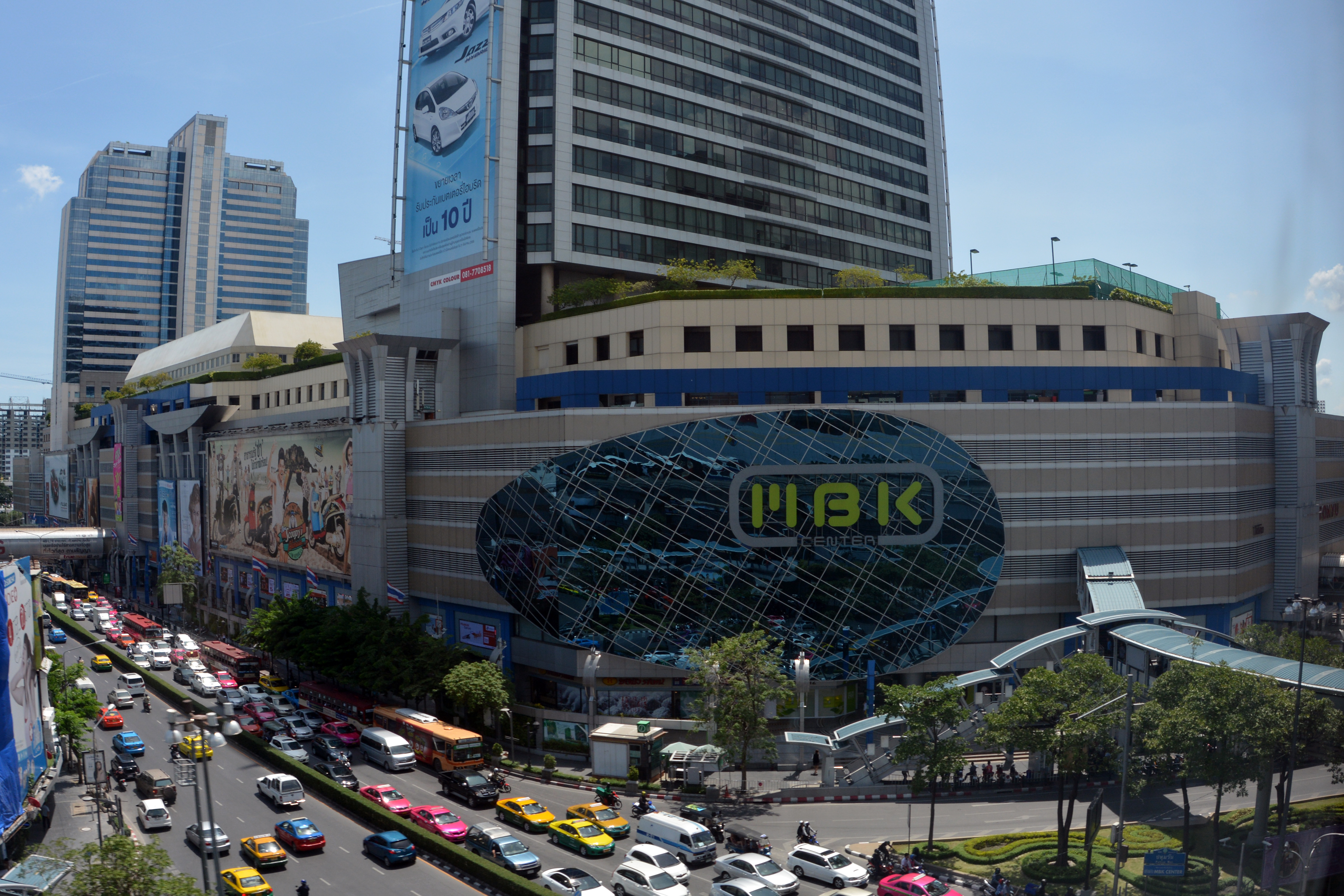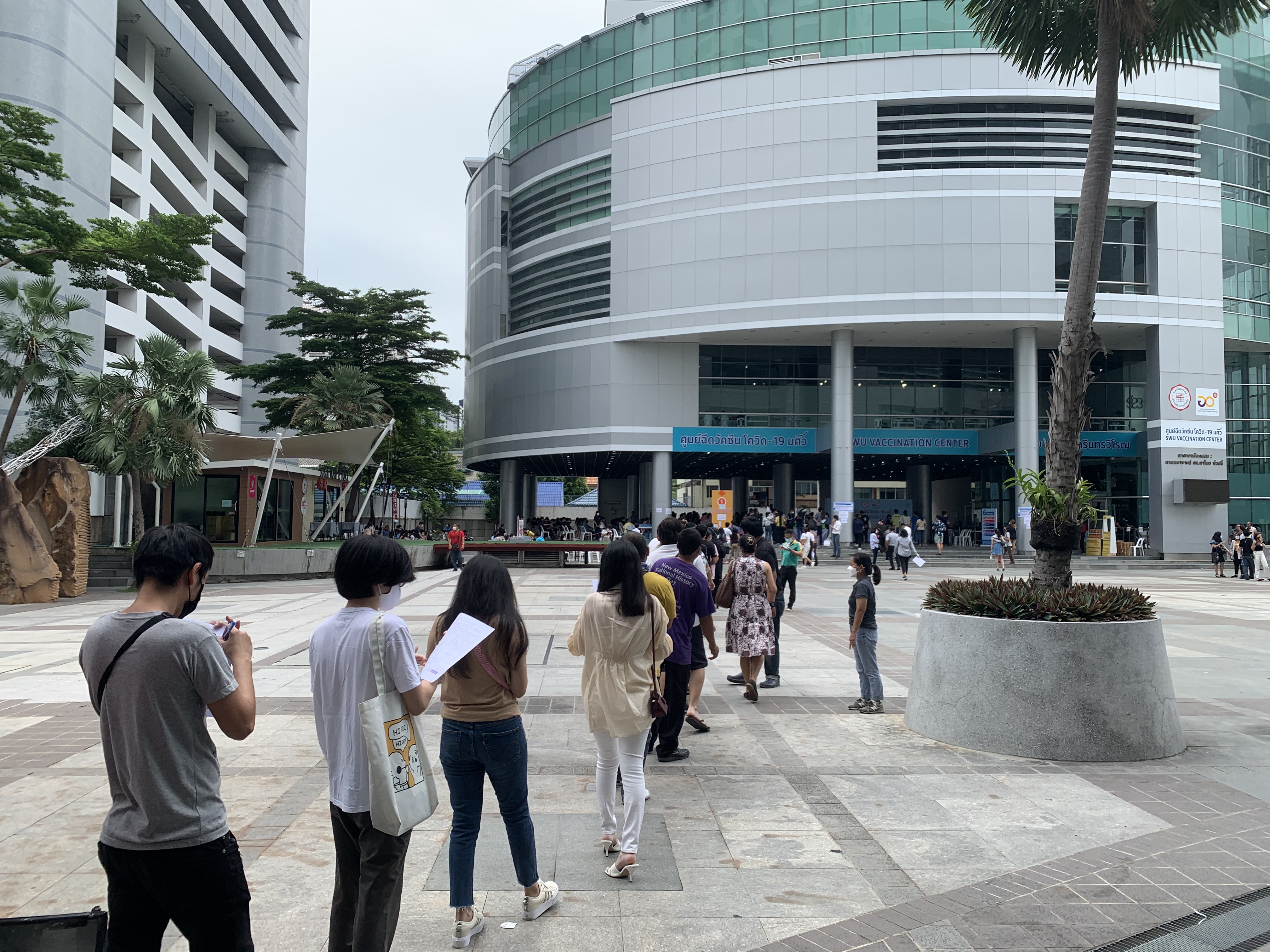What Can Instagramm Educate You About Chiang Mai Rehab
페이지 정보
작성자 Reggie 작성일 24-01-16 23:56 조회 17 댓글 0본문
Introduction
Medication addiction is a complex and pervasive issue that affects people, households, and communities global. Its characterized by the compulsive utilization of medications despite their particular harmful consequences. Medicine addiction is a worldwide problem that transcends cultural, personal, and economic boundaries, impacting individuals of all ages, events, and experiences. This report aims to provide a brief history of drug addiction, highlighting its reasons, effects, and possible solutions.
Causes of Drug Addiction
Numerous facets donate to the introduction of medicine addiction, including genetic, ecological, and behavioral elements. Genetics be the cause in deciding a person's susceptibility to addiction. Analysis implies that particular genetic elements will make certain individuals prone to getting hooked on medications. Ecological aspects, like exposure to substance abuse inside the family or neighborhood, also play a significant role. Additionally, emotional and social elements, including anxiety, psychological state issues, and peer force, can subscribe to addiction.
Ramifications of Drug Addiction
Drug addiction has severe repercussions on people and community as a whole. At a person amount, medication addiction can notably impair an individual's actual and mental health. Substance abuse can cause persistent conditions, including liver and lung damage, heart disease, and an increased chance of infectious diseases like HIV/AIDS. Moreover, medication addiction frequently results in emotional disorders such as for example depression, anxiety, and psychosis. Additionally, addiction can strain private connections, cause economic uncertainty, while increasing the possibilities of unlawful participation.
On a broader scale, drug addiction puts a substantial burden on community. It impacts healthcare methods, as addiction-related medical treatments and rehabilitation programs tend to be costly. Moreover, medicine addiction contributes to increased crime prices, as individuals risk turning to unlawful tasks to maintain their addiction. In addition, drug-related accidents and reduced productivity hinder economic growth and development.
Possible Solutions
Addressing medicine addiction requires a thorough and multi-faceted approach. Avoidance attempts should concentrate on training and raising understanding towards perils of drug abuse. Efficient methods feature school-based avoidance programs, neighborhood understanding campaigns, and targeted interventions for susceptible populations.
 Also, therapy and rehabilitation options needs to be made available and affordable to any or all those experiencing medicine addiction. This requires establishing rehab thailand centers, providing guidance and treatment, and ensuring the accessibility to medication-assisted treatment techniques such as for instance methadone or buprenorphine. Help networks and aftercare programs are also important in guaranteeing long-term data recovery.
Also, therapy and rehabilitation options needs to be made available and affordable to any or all those experiencing medicine addiction. This requires establishing rehab thailand centers, providing guidance and treatment, and ensuring the accessibility to medication-assisted treatment techniques such as for instance methadone or buprenorphine. Help networks and aftercare programs are also important in guaranteeing long-term data recovery.
 Furthermore, there clearly was a necessity for stricter regulation and control into the pharmaceutical business to prevent the abuse of prescription drugs. Ensuring the availability of alternate pain management practices can reduce the reliance on opioids, reducing the threat of addiction.
Furthermore, there clearly was a necessity for stricter regulation and control into the pharmaceutical business to prevent the abuse of prescription drugs. Ensuring the availability of alternate pain management practices can reduce the reliance on opioids, reducing the threat of addiction.
Summary
Medicine addiction is a complex problem with powerful consequences for people and culture. Its reasons tend to be multi-faceted and require several methods to avoidance and treatment. By increasing understanding, boosting education, improving access to therapy, and applying stricter laws, community can take significant actions toward decreasing the prevalence and influence of drug addiction. Fighting medicine addiction necessitates collective attempts from governing bodies, health specialists, communities, and people to mitigate its impacts and offer assistance to those affected.
Medication addiction is a complex and pervasive issue that affects people, households, and communities global. Its characterized by the compulsive utilization of medications despite their particular harmful consequences. Medicine addiction is a worldwide problem that transcends cultural, personal, and economic boundaries, impacting individuals of all ages, events, and experiences. This report aims to provide a brief history of drug addiction, highlighting its reasons, effects, and possible solutions.
Causes of Drug Addiction
Numerous facets donate to the introduction of medicine addiction, including genetic, ecological, and behavioral elements. Genetics be the cause in deciding a person's susceptibility to addiction. Analysis implies that particular genetic elements will make certain individuals prone to getting hooked on medications. Ecological aspects, like exposure to substance abuse inside the family or neighborhood, also play a significant role. Additionally, emotional and social elements, including anxiety, psychological state issues, and peer force, can subscribe to addiction.
Ramifications of Drug Addiction
Drug addiction has severe repercussions on people and community as a whole. At a person amount, medication addiction can notably impair an individual's actual and mental health. Substance abuse can cause persistent conditions, including liver and lung damage, heart disease, and an increased chance of infectious diseases like HIV/AIDS. Moreover, medication addiction frequently results in emotional disorders such as for example depression, anxiety, and psychosis. Additionally, addiction can strain private connections, cause economic uncertainty, while increasing the possibilities of unlawful participation.
On a broader scale, drug addiction puts a substantial burden on community. It impacts healthcare methods, as addiction-related medical treatments and rehabilitation programs tend to be costly. Moreover, medicine addiction contributes to increased crime prices, as individuals risk turning to unlawful tasks to maintain their addiction. In addition, drug-related accidents and reduced productivity hinder economic growth and development.
Possible Solutions
Addressing medicine addiction requires a thorough and multi-faceted approach. Avoidance attempts should concentrate on training and raising understanding towards perils of drug abuse. Efficient methods feature school-based avoidance programs, neighborhood understanding campaigns, and targeted interventions for susceptible populations.
 Also, therapy and rehabilitation options needs to be made available and affordable to any or all those experiencing medicine addiction. This requires establishing rehab thailand centers, providing guidance and treatment, and ensuring the accessibility to medication-assisted treatment techniques such as for instance methadone or buprenorphine. Help networks and aftercare programs are also important in guaranteeing long-term data recovery.
Also, therapy and rehabilitation options needs to be made available and affordable to any or all those experiencing medicine addiction. This requires establishing rehab thailand centers, providing guidance and treatment, and ensuring the accessibility to medication-assisted treatment techniques such as for instance methadone or buprenorphine. Help networks and aftercare programs are also important in guaranteeing long-term data recovery. Furthermore, there clearly was a necessity for stricter regulation and control into the pharmaceutical business to prevent the abuse of prescription drugs. Ensuring the availability of alternate pain management practices can reduce the reliance on opioids, reducing the threat of addiction.
Furthermore, there clearly was a necessity for stricter regulation and control into the pharmaceutical business to prevent the abuse of prescription drugs. Ensuring the availability of alternate pain management practices can reduce the reliance on opioids, reducing the threat of addiction.Summary
Medicine addiction is a complex problem with powerful consequences for people and culture. Its reasons tend to be multi-faceted and require several methods to avoidance and treatment. By increasing understanding, boosting education, improving access to therapy, and applying stricter laws, community can take significant actions toward decreasing the prevalence and influence of drug addiction. Fighting medicine addiction necessitates collective attempts from governing bodies, health specialists, communities, and people to mitigate its impacts and offer assistance to those affected.
- 이전글 Five Steps To Having The Right Epos System Rrn Your Business
- 다음글 Оформить заказ на фронтальный погрузчик КУН: Справочник для успешных покупок
댓글목록 0
등록된 댓글이 없습니다.